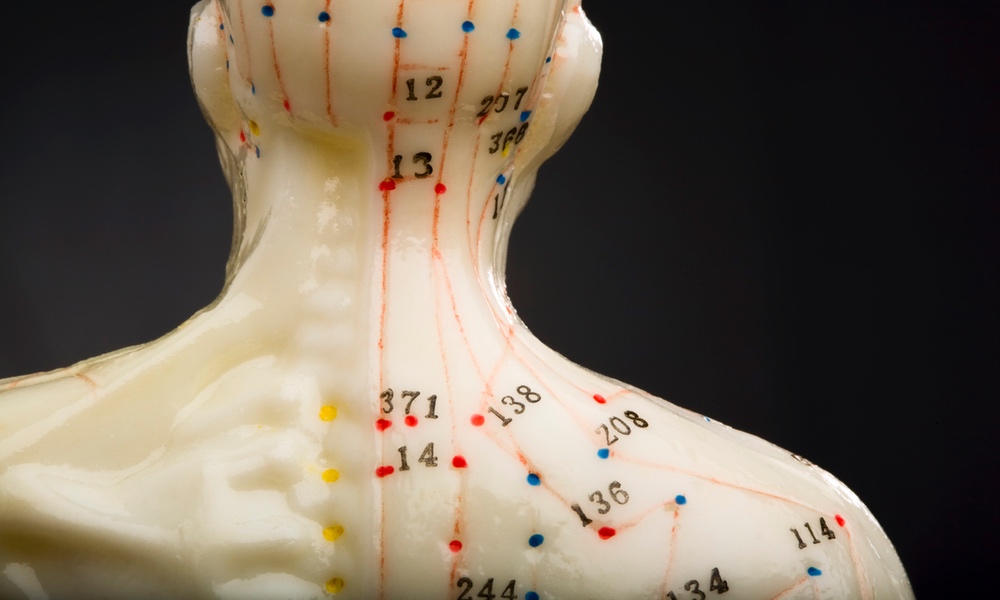Tension headaches are the most common type of headache. Three-quarters of the population will experience at least one episode during their lifetimes. Stress is a major cause.
Over-the-counter pain relievers like Tylenol and Advil will usually tame the pain of a tension headache, and that’s why an occasional tension headache may be bearable. But for those who suffer from the agony of chronic tension headaches that can last for hours and feel as if a band is stretched tightly across their forehead, taking these meds too often can lead to gastrointestinal issues such as constipation or diarrhea, among other side effects. So, what can you do? According to a Chinese study, the answer could be acupuncture.
“Tension-type headaches are one of the most common types of headaches and people who have a lot of these headaches may be looking for alternatives to medication,” the study’s author, Ying Li, MD, PhD. of Chengdu University of Traditional Chinese Medicine in Chengdu, China, said in a statement.
Traditional Chinese medicine sees the human body as possessing more than 2,000 acupuncture points connected to one another by an overall meridian. These pathways create Qi (pronounced “chee”); if they’re blocked, it’s thought to cause illness — including tension headaches.The participants who got the real deal acupuncture had their headaches reduced from 20 days a month to seven.
The ancient treatment involves a trained practitioner inserting thin, solid and metallic needles into certain points in the body in order to stimulate sensory nerves in the skin and muscle.
Over 200 people who were diagnosed with chronic tension headaches took part in the study. All had suffered with headaches for 11 years on average, experiencing them around 22 times a month.
The participants were randomly assigned to receive either true acupuncture or superficial acupuncture. True acupuncture involved placing and moving a needle deeply enough to produce a tingling, numbing or heavy feeling, while the superficial treatment placed the needles less deeply and thus avoided this type of sensation. Both groups received two or three sessions a week, a total of 20 sessions over two months, and were followed by the research team for the next six months.
Each participant kept a diary noting the frequency of their headaches. According to their self-reporting at the end of the study, 68 percent of those getting true acupuncture treatments indicated that they had at least a 50 percent reduction in the number of headache days, compared to only 50 percent of the people who were given superficial acupuncture treatments.
The results were notable.
The number of headache days were significantly reduced after the series of treatments was completed. The participants who got the real deal acupuncture had their headaches reduced from 20 days a month to seven, while those who experienced the superficial treatments saw their headache frequency decline from an average of 23 days a month at the start to 12 days at the end of the study. One limitation of the study was that the it was conducted in only one hospital and the results might not apply to every population.
“While this study showed that acupuncture can reduce headaches, more research is needed to determine the longer-term effectiveness of acupuncture and how it compares to other treatment options,” said Li. “In comparing treatment options, cost-effectiveness is another important factor to evaluate.”
If you suffer with tension headaches and are considering trying acupuncture, make sure you contact a licensed practitioner. To find one in your area you can check out the National Certification Commission for Acupuncture and Oriental Medicine (NCCAOM) website at https://www.nccaom.org/. Some healthcare insurance plans will fully or partially cover acupuncture treatments.
The study is published in Neurology.





